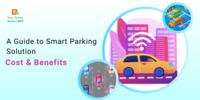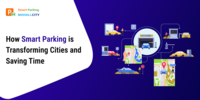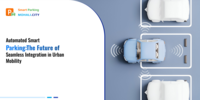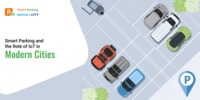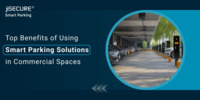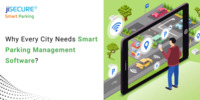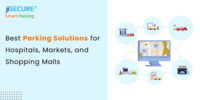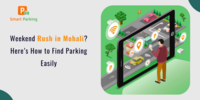- Jun 18, 2025
Share this post on:
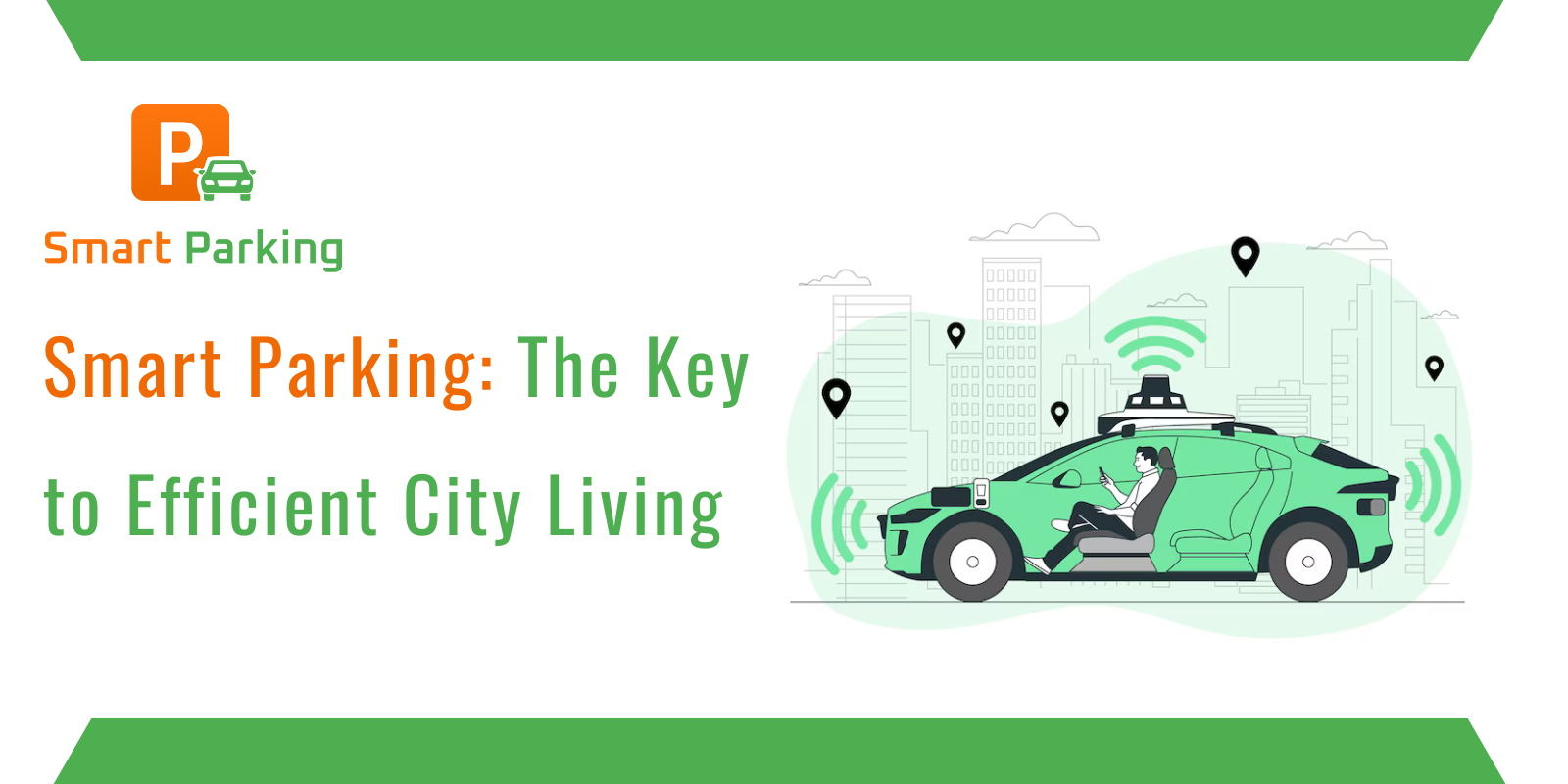
Urban life is fast-paced, vibrant, and full of opportunities—but it also comes with its own unique set of challenges. One of the most persistent problems cities face today is parking. Limited space, growing populations, and increasing numbers of vehicles make parking a daily struggle for millions of urban dwellers. This often results in congestion, wasted time, and frustration.
Fortunately, smart parking technology is emerging as a vital solution to these issues, playing a crucial role in creating more efficient, livable cities. At jiSECURE, we understand how integrating smart parking systems can transform urban environments by improving convenience, reducing traffic, and supporting sustainability.
In this blog, we’ll dive into why smart parking is the key to efficient city living and how it benefits both residents and city planners alike.
Understanding Smart Parking
Smart parking systems leverage advanced technologies like Internet of Things (IoT) sensors, real-time data analytics, mobile applications, and cloud computing to optimize parking space usage. These systems provide real-time updates on parking availability, automate payments, and improve enforcement, making parking smarter and more accessible.
How Smart Parking Enhances City Living
1. Reducing Traffic Congestion
A significant amount of urban traffic is caused by drivers searching for parking spots. Studies suggest that nearly 30% of inner-city traffic can be attributed to drivers cruising for parking. Smart parking reduces this by guiding drivers directly to available spaces using real-time data, significantly cutting down on unnecessary driving and congestion.
Less congestion means smoother traffic flow, reduced travel time, and less pollution—helping cities breathe easier and move more efficiently.
2. Saving Time and Improving Convenience
Finding a parking spot in a busy city can be time-consuming and frustrating. Smart parking apps provide drivers with up-to-date information on space availability, allowing them to reserve spots ahead of time or navigate directly to open spaces. Automated payment options eliminate the need for cash or ticket machines.
This convenience transforms parking from a daily headache into a seamless experience, saving valuable time for residents and visitors.
3. Optimizing Space Utilization
Urban parking spaces are a precious commodity. Without smart management, some areas remain overcrowded while others are underutilized. Smart parking systems collect data on usage patterns and help optimize the allocation of spaces, ensuring that every parking spot is used efficiently.
Better space utilization reduces the need for expensive parking infrastructure expansion and lowers the risk of illegal parking and related fines.
4. Supporting Environmental Sustainability
By minimizing the time drivers spend searching for parking, smart parking reduces unnecessary fuel consumption and vehicle emissions. This directly contributes to improved air quality and aligns with broader environmental goals of sustainable urban development.
Many smart parking solutions also integrate with electric vehicle (EV) charging stations, encouraging the use of cleaner vehicles and supporting the transition to greener cities.
5. Generating Revenue and Reducing Operational Costs
For city governments and private operators, smart parking technology opens new revenue streams through dynamic pricing models that adjust rates based on demand. Automated payment and enforcement reduce revenue leakage and operational expenses.
This means cities can fund more public projects while offering residents better parking services.
The Bigger Picture: Smart Cities and Urban Mobility
Smart parking is an essential component of the smart city ecosystem. When integrated with public transit, traffic management, and urban planning systems, it contributes to a holistic approach to urban mobility.
Cities that adopt smart parking are better positioned to manage future growth, enhance quality of life, and promote sustainable living.
Conclusion
Efficient parking is no longer a luxury—it’s a necessity for thriving urban centers. Smart parking technology is transforming how cities manage this critical resource, delivering convenience, sustainability, and economic benefits.
